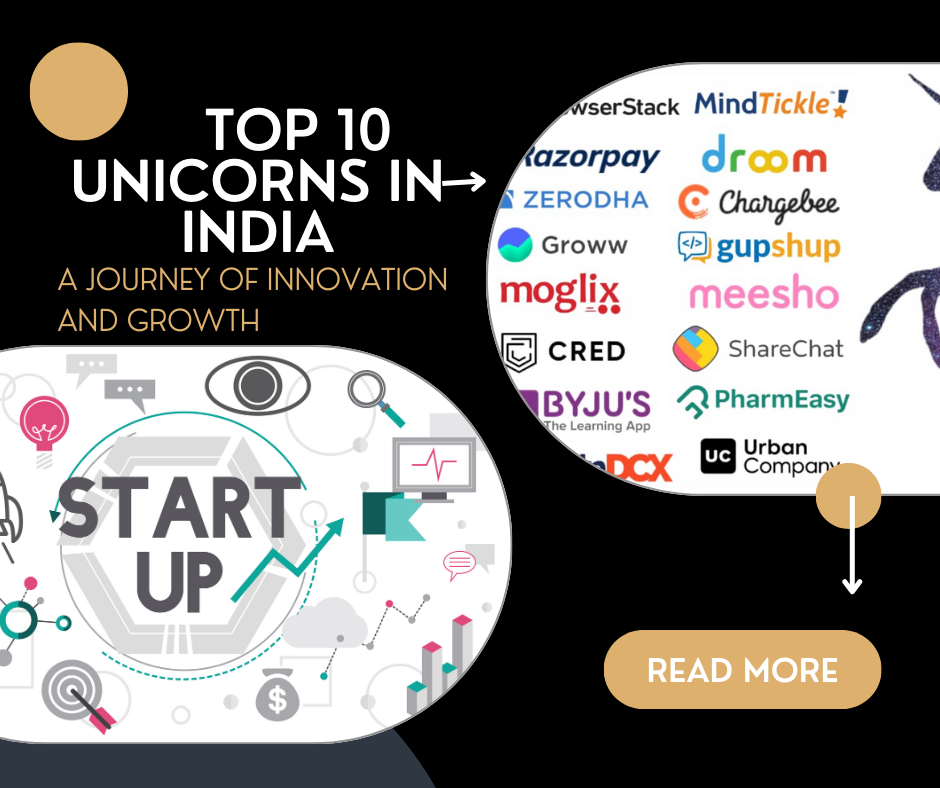
In January 2023, the prominent short-selling firm Hindenburg Research published a scathing report accusing the Adani Group, one of India’s largest conglomerates, of “brazen stock manipulation and accounting fraud.” The 100-page report sent shockwaves through global markets and wiped out billion from Adani’s net worth.
The Adani Group, led by Gautam Adani, one of the world’s richest individuals, has vehemently denied the allegations and called the report a “malicious combination of selective misinformation and stale, baseless and discredited allegations.”

So who is right? Is the Hindenburg report a credible exposé of wrongdoing, or is it an attack on one of India’s most powerful business empires? Let’s take a closer look at the key claims and counterclaims.
The Hindenburg Allegations
The Hindenburg report made a number of serious allegations against the Adani Group, including:
- Brazen stock manipulation and accounting fraud: Hindenburg alleges that the Adani Group has been systematically manipulating its stock prices through a network of offshore shell companies and opaque financial structures.
- Undisclosed related party transactions: The report claims that Adani-affiliated entities have engaged in billions of dollars’ worth of undisclosed related party transactions, which artificially inflate Adani’s revenues and profitability.
- Substantial debt levels and overvaluation: Hindenburg argues that the Adani Group is deeply overleveraged, with sky-high debt levels that are not sustainable. It also claims the group’s companies are significantly overvalued compared to their true worth.
- Opaque corporate structure: The report criticizes the Adani Group’s complex, obscure corporate structure, which it says is designed to obfuscate true ownership and control.
Adani’s Response
The Adani Group has fiercely contested the Hindenburg report, dismissing it as a “malicious” attack by short-sellers trying to profit from a fall in Adani’s stock prices. In a lengthy rebuttal, the group claimed the report was “nothing but a lie” and an “unwarranted attack on the reputation of the Adani Group.”
Adani has asserted that its accounts are audited by one of the “Big Six” global accounting firms and that all its transactions are disclosed in accordance with Indian regulations. It has also pointed to its strong credit ratings and access to global capital markets as evidence of its financial robustness.
Supercharge Your Marketing: The Top AI Tools Every Marketer Needs to Know
Broader Implications
The Hindenburg-Adani dispute has broader implications beyond just the two companies involved. It has reignited concerns about corporate governance and transparency in India, as well as the country’s ability to attract foreign investment in the face of such allegations.
The Indian government has so far backed Adani, with the country’s finance minister dismissing the Hindenburg report as “malicious” and “intended to create a storm.” However, India’s markets regulator has announced a probe into the allegations.
Ultimately, unraveling the truth will require a thorough, independent investigation. Until then, the debate between Hindenburg and Adani is likely to rage on, with significant consequences for India’s business landscape.






























